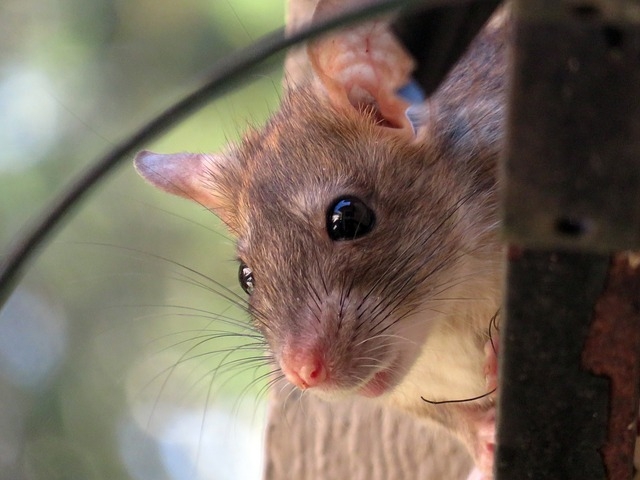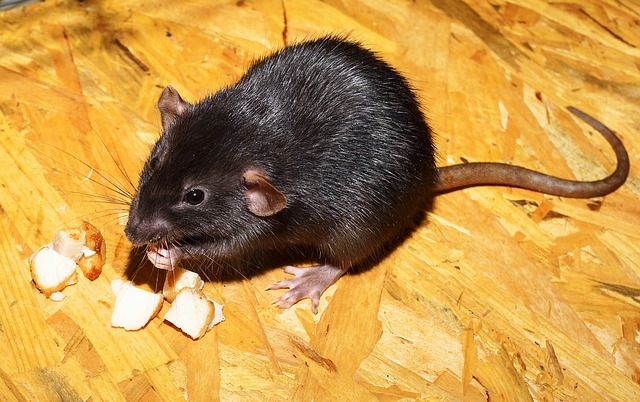
April 8th, 2020 by
The main virus that is on people’s minds at the moment is COVID-19. However, there are other viruses around that you may be aware of and one of those is hantavirus. The reason this virus may sound familiar is that a man in China is thought to have died of hantavirus recently. Clearly, this story has some parallels with the origins of the coronavirus pandemic and has therefore rung a few alarm bells for some.
What is hantavirus?
 Hantavirus is the name given to a family of viruses that are transmitted by rodents. Many of the diseases caused by the virus shares symptoms with the coronavirus. The bad news is that it has a very high mortality rate, however, the good news is that it’s extremely rare and cannot be passed person to person meaning that infection rates are low. Therefore, the danger is not the same as coronavirus so you do not need to be concerned to this degree. That’s not to say you shouldn’t be aware of the risks though and what you can do, should you need to.
Hantavirus is the name given to a family of viruses that are transmitted by rodents. Many of the diseases caused by the virus shares symptoms with the coronavirus. The bad news is that it has a very high mortality rate, however, the good news is that it’s extremely rare and cannot be passed person to person meaning that infection rates are low. Therefore, the danger is not the same as coronavirus so you do not need to be concerned to this degree. That’s not to say you shouldn’t be aware of the risks though and what you can do, should you need to.
How is hantavirus transmitted?
Hantavirus is present in the bodily fluid of rats. The only way you can catch it is by ingesting or inhaling rodent saliva or urine. It is therefore not common and on the whole, you don’t need to be overly worried. However, if you have reason to believe you may have a rat infestation, this does highlight the importance of dealing with it as a matter of urgency.
What are the signs of a rodent infestation?
 There are certain things you need to look out for that would indicate that you have rats in or around your home. These include things like chew marks, nesting material, droppings, musty odours, small holes that could indicate a burrow, hearing scratching or squeaking noises, your dog being more agitated and, of course, seeing them in your home or garden.
There are certain things you need to look out for that would indicate that you have rats in or around your home. These include things like chew marks, nesting material, droppings, musty odours, small holes that could indicate a burrow, hearing scratching or squeaking noises, your dog being more agitated and, of course, seeing them in your home or garden.
How do you get rid of rats?
Traditional snap traps have limited effect because rats are naturally cautious and will be very wary of something that seems so alien in a home environment. On the whole, they’re likely to ignore it, no matter what tasty treat you place in there. A bait station, on the other hand, is a much more efficient way to kill rats and protect your family.
Bait stations are secure boxes with small openings. The rat enters the station, tempted by the scent of the food inside. This food contains enough poison to kill the rat very quickly and humanely. The bait box works better than a snap trap because it can be disguised to blend into the environment as you can stack items on top and around it, leaving just the entrance exposed. They’re also really safe for humans and pets as the boxes are lockable so you don’t need to worry about children or the family dog accidentally ingesting the poison or coming across a dead rat, as they potentially could with a snap trap.
Everyone needs to focus on doing their bit to limit the spread of coronavirus at the moment (staying home, washing hands etc) but that doesn’t mean we take our eyes off the ball when it comes to other health risks. If you see any signs of rat infestation, act quickly and protect your family from the risk of hantavirus (plus all the other nasty things that rats bring with them).
Comments
Leave a reply
Your e-mail address will not be published. All fields are required


